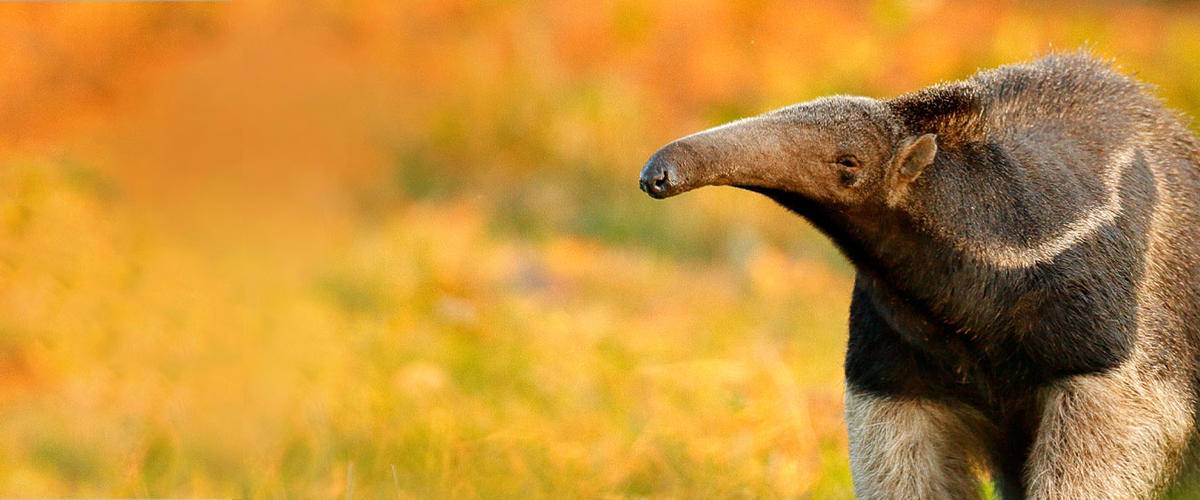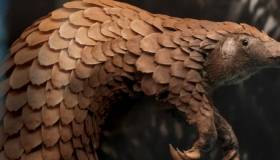
January 18, 2022 – A critical component of Morris Animal Foundation’s mission is encouraging the development of the next generation of veterinary science researchers. Our Veterinary Student Scholar program reflects that value, introducing veterinary students to research as a possible career path and educating aspiring veterinarians on the importance of research to veterinary medicine.
Since the launch of this program in 2015, we have granted more than $2M to support 534 veterinary students at 60 institutions globally. This year, we funded 16 new projects.
CATS
Hyperthyroidism & Diet
Investigate if dietary supplements in pet food modulate the synthesis and production of hormones, specifically thyroid hormones, in a feline cell culture model.
DOGS
Lymphoma
Evaluate the clinical implications and surface protein expression of biphenotypic lymphoma, a rare form of canine lymphoma that involves both B-cell and T-cell lymphoma subtypes.
Drug Safety & Effectiveness
Study a gene associated with drug metabolism to better tailor drug therapies for patients. Evaluate if a commonly used dose of diltiazem improves kidney function in dogs with acute kidney injury without detrimental cardiac side effects.
End-of-Life Decisions
Analyze free-response data from the Dog Aging Project’s End-of-Life survey to assess owner decision-making during the last weeks of their dog’s life.
Hemangiosarcoma
Study the role of extracellular vesicles in promoting tumor blood supply formation, contributing to the proliferation and metastasis of this deadly cancer.
Dental Disease
Learn more about how different structures surrounding tooth roots correlate to breed, skull type and weight range to improve surgical planning for extractions.
Immune-Mediated Hemolytic Anemia
Investigate whether neutrophil extracellular traps (NETs) play a role in abnormal clot formation as a first step toward discovery of novel therapeutic treatments for this deadly disease.
Osteosarcoma
Collect early data on the inflammatory and immune effects of histotripsy, a focused-ultrasound tumor ablation technique currently under investigation as an adjunct treatment for bone cancer.
HORSES
Sepsis
Study the role of neutrophil extracellular traps, structures formed in response to microorganisms and inflammation, in septic foals.
WILDLIFE
Anteater Reproduction
Identify diseases affecting female and male reproductive tracts that may contribute to infertility in giant anteaters.
Cheetahs & Herpesvirus
Study the genomes of feline herpesvirus-1 as well as the genome used in the modified live vaccine to help detect variations between strains and to guide use of these vaccines in cheetahs.
Dolphins & Pollutants
Investigate a link between blubber concentrations of persistent organic pollutants in aquarium-based bottlenose dolphins and their diets of imported wild-caught fish and squid.
Raptor Genetics
Develop tools to study genetic burden and the potential for genetic diseases in peregrine falcons and golden eagles.
Frog Health Indicator
Test whether a simple blood smear to estimate white blood cell counts in green frogs is adequate for determining any potential health issues.
Sea Lion Population Health
Use a podcast to present episodes that outline the entire research process, using Alaskan Stellar sea lion population data, to provide an educational resource for veterinary students conducting research.
Turtle Rehabilitation
Investigate stress response in eastern box turtles by measuring stress hormone blood levels and learning if assessment can be used as a prognostic indicator of outcome and survival in injured and/or sick turtles.




